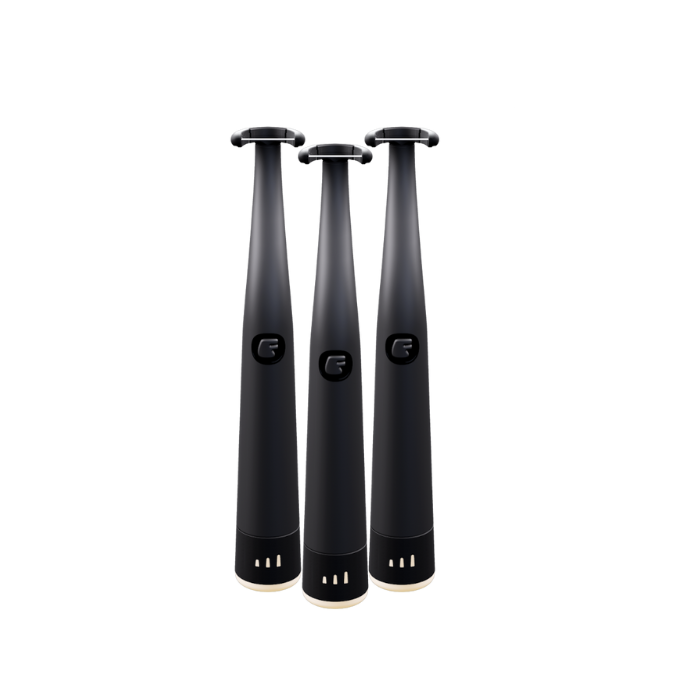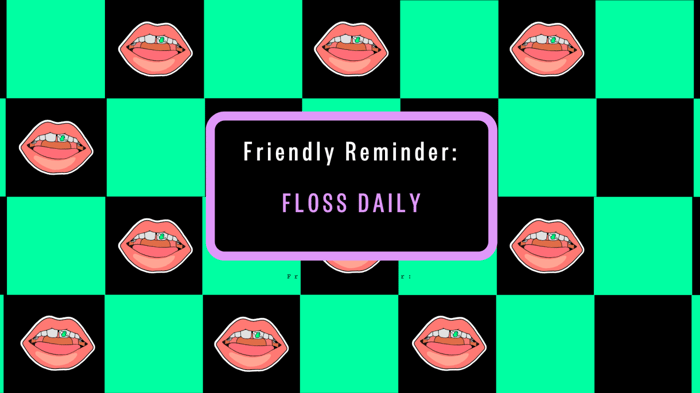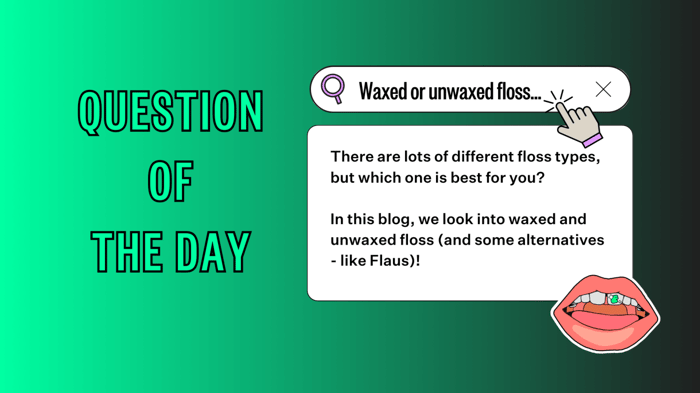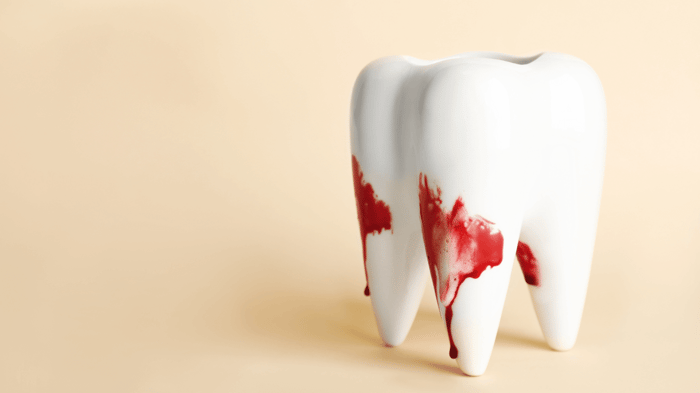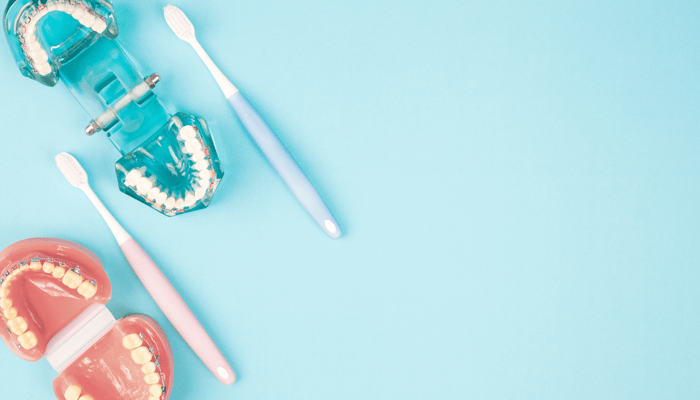Did you know that the food you eat can significantly impact your oral health? A well-balanced diet not only improves your overall well-being but also plays a vital role in maintaining healthy teeth and gums. In this blog post, we’ll explore some of the best foods for optimal oral health, including “foods that are good for teeth,” from calcium-rich dairy delights to crunchy fruits and vegetables that act as nature’s toothbrushes. So, get ready to discover how your diet can help you flash that healthy, beautiful smile!
Throughout this post, we’ll delve into the benefits of various foods and their nutritional content for promoting strong teeth and preventing common dental issues such as tooth decay and gum disease. Additionally, we’ll discuss the importance of hydration for oral health and provide tips for incorporating teeth-friendly foods, especially “foods that are good for teeth,” into your daily meals. Let’s embark on this journey towards achieving a healthier smile!
Key Takeaways
-
Incorporating dairy, crunchy fruits and vegetables, leafy greens, and omega-3-rich fish into your diet can help to strengthen tooth enamel & reduce the risk of decay.
-
B vitamins from sources like leafy greens can improve gingival health & reduce gum inflammation.
-
Limiting or avoiding sugary snacks, sodas & acidic foods is essential for optimal oral health. Including teeth-friendly foods such as lean meats and sugar-free gum in one’s diet helps maintain a healthy smile.
Dairy Delights: Strengthening Enamel and Fighting Decay

Dairy products like milk, cheese, and yogurt, which are rich in calcium and casein, are highly beneficial for maintaining good oral health. These nutrients work together to strengthen tooth enamel, reduce the risk of tooth decay, and prevent bacterial buildup in the mouth. Milk, yogurt, and cheese that are low-fat or fat-free, as well as fortified soy drinks, tofu, canned salmon, almonds, and dark green leafy vegetables, offer calcium essential for strong teeth and bones. Other important minerals required for healthy bones can also be obtained from these items..
Vitamin K2, found in grass-fed dairy products, plays an essential role in keeping teeth healthy and strong. Additionally, fluoride from foods such as:
-
seafood
-
carrots
-
beets
-
canned pork and beans
-
canned tomato products
-
cheeses
helps prevent tooth decay by increasing the acid resistance of teeth. It’s important to choose unsweetened or sugar-free yogurt and add a small amount of sweetener or honey if desired.
Overall, incorporating dairy products into your diet is a surefire way to benefit oral health and maintain a bright, healthy smile.
Crunchy Fruits and Vegetables: Nature's Toothbrushes

Crunchy fruits and vegetables, such as apples, carrots, and celery, serve as natural toothbrushes that help remove plaque and promote saliva production for a healthier oral environment. Chewing on these firm, coarse, watery, and fibrous foods stimulates saliva flow, which washes away residual food particles and keeps teeth and gums healthy. Apples, for instance, are rich in nutrients and antioxidants that help reduce dental plaque buildup, while their fiber content aids in removing supra-gingival plaque from teeth.
To incorporate crunchy fruits and vegetables into your diet, opt for whole apples instead of apple juice, which contains high amounts of sugar and malic acid that may lead to dental erosion and decalcification. Raisins, on the other hand, contain phytochemicals that suppress the growth of oral bacteria associated with cavities and gum disease.
Opting for meals that include crunchy fruits and vegetables not only promotes good oral health, but also gives the added advantage of a nutrient-rich diet with healthy foods.
Leafy Green Wonders: Vitamins and Minerals for Gum Health
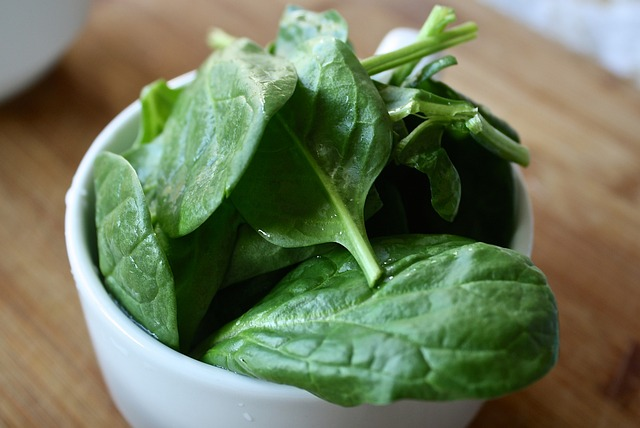
Leafy greens, such as spinach, collards, and turnip greens, are packed with vitamins and minerals that promote gum health, reduce inflammation, and protect tooth enamel. These nutrient powerhouses are rich in calcium, folic acid, and B vitamins, which play a vital role in maintaining good oral health.
Additionally, the crunchiness of fresh greens found in salads and sandwiches can act as a natural toothbrush, eliminating plaque and stimulating saliva production for an improved oral atmosphere.
Benefits of B Vitamins
B vitamins, especially vitamin B12 and folate, significantly contribute to gum health. A deficiency in these vitamins can lead to gum disease and inadequate oral hygiene. Consuming an adequate amount of B vitamins can help improve gingival health and stop periodontal attachment loss. Some sources of B vitamins include:
-
Spinach
-
Collards
-
Turnip greens
-
Romaine lettuce
Incorporating these leafy greens into your diet can significantly reduce gum inflammation and enhance periodontal health, as evidenced by research.
Oxalic Acid and Enamel Protection

Oxalic acid, a natural compound present in spinach and other leafy greens like chard and kale, helps protect tooth enamel from discoloration and damage. Exposure to oxalic acid can result in:
-
The dissolution of enamel
-
The deposition of calcium on the enamel surface
-
Reduction of tooth sensitivity
-
Plugging up dentinal tubules
However, it is important to consume oxalic acid in moderation, as excessive intake can inhibit nutrient absorption and increase the risk of kidney stones in susceptible individuals.
Incorporating Leafy Greens into Your Diet
To incorporate leafy greens into your diet for optimal oral health benefits, consider adding them to salads, smoothies, and cooked dishes. For example, sauté spinach in a small amount of oil or fat with a bit of seasoning as a delicious side dish that retains its oral health benefits.
Adding leafy greens to your everyday meals enhances not only your oral health and gum well-being, but also contributes to a balanced diet beneficial for your overall health.
Omega-3 Rich Fish: Boosting Gum Health and Reducing Inflammation
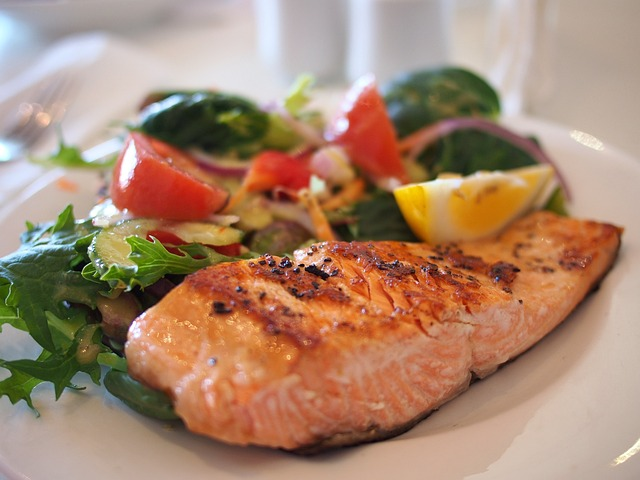
Fatty fish, such as salmon, trout, and mackerel, are rich in omega-3 fatty acids that lower the risk of gum disease due to their anti-inflammatory properties. Besides their inflammation-fighting benefits, these fish also contain vitamin D, which enables your teeth to absorb calcium more effectively. This synergistic action of vitamins A, D, and K2 facilitates the transportation of calcium to the teeth, reinforcing enamel from within.
Tuna, mackerel, salmon and trout are known for their abundance in vitamin D and omega-3s. They make up some of the most nutrient-rich fish species. Adding these omega-3 rich fish to your diet aids in gum health, enhances oral hygiene, and improves your overall well-being. So, go ahead and enjoy a delicious serving of fatty fish while reaping the dental health benefits!
Nuts and Seeds: Nutrient Powerhouses for Teeth
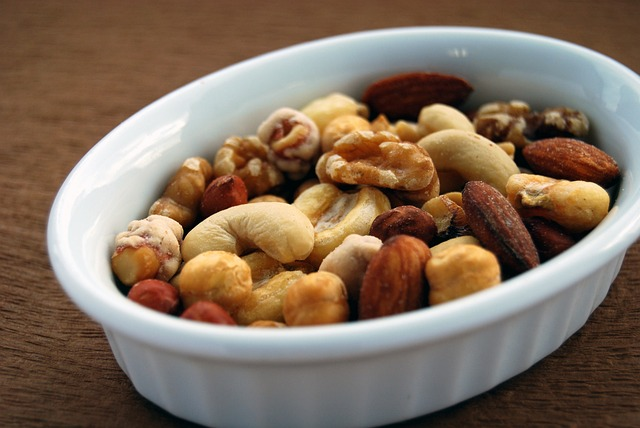
Nuts and seeds provide valuable nutrients for teeth, such as protein, folic acid, and vitamin D. Almonds, for instance, offer calcium and protein while being low in sugar, making them a great choice for oral health. Chewing on nuts and seeds can also effectively remove residual plaque from teeth. Sunflower seeds are packed with essential nutrients for teeth health, including vitamin E, vitamin B1, vitamin B6, iron, copper, selenium, manganese, zinc, and potassium.
Though nuts and seeds offer numerous dental benefits, it’s important to brush and floss after consumption to avoid trapping food particles between teeth. Adopting a diet rich in nuts and seeds, and maintaining proper dental care, is a proactive way to ensure good oral health and a beautiful smile.
Hydration Heroes: Water and Green Tea

Consuming water and green tea promotes healthy teeth and gums by helping to rinse away food particles, preventing staining, and controlling oral bacteria. Staying hydrated by consuming water regularly can alleviate dry mouth, maintain moisture in the mouth, and hinder bacteria that can lead to cavities, gum disease, or bad breath. Water also plays a key role in neutralizing tooth-damaging acids and promoting saliva production, which further protects teeth and gums.
Green tea, on the other hand, has been shown to have several benefits for oral health, including:
-
Reducing gum inflammation
-
Impeding the progression of periodontitis and dental caries
-
Combating bad breath
-
Potentially remineralizing enamel
Black and green teas, even without any sugar added to them, are beneficial for oral health. They have plaque-fighting ingredients that help keep teeth healthy. Staying hydrated and adding water and green tea to your daily routine helps foster a healthier oral environment and contributes to a beautiful smile.
Foods to Limit or Avoid for Optimal Oral Health

For healthy teeth and gums, limiting or avoiding harmful foods, such as starchy or sugary foods, is imperative. These harmful sugary foods include:
-
Sugary snacks
-
Sodas
-
Acidic foods
-
Candy
-
Crackers
-
Fruit juices
-
Processed foods
-
High carbohydrate foods with minimal nutritional value
-
Dried fruit
These foods can lead to tooth decay and bad breath, so it’s best to avoid them for optimal oral health.
When consuming foods that can damage your teeth, practice good oral hygiene after consumption. For example, after eating crackers, opt for a variety made solely from seeds and nuts, excluding wheat. Additionally, after enjoying a soda, consume it over a short period and swish with water immediately afterward to create a buffer for your teeth, waiting for approximately 45 minutes before brushing.
Maintaining a healthy smile and preventing dental issues is possible by being mindful of your dietary habits and practicing proper dental care for a healthy mouth.
Tips for Incorporating Teeth-Friendly Foods into Your Diet

Incorporating teeth-friendly foods into your diet is easier than you might think. Optimal oral health can be ensured by making smart choices at mealtime, snacking on healthy options, and staying hydrated throughout the day. Opt for low-sugar bread and cereals, fruits and vegetables, and quality protein sources like lean meats and dairy products. As a snack, consider sugar-free gum and candies sweetened with xylitol and erythritol, which can inhibit the growth of bacteria on the enamel surface and reduce plaque buildup.
Also, consider your drinking habits and choose beverages that promote dental health. Swap sugary drinks for water and green tea, which not only keep you hydrated but also help maintain a healthy oral environment. Adopting healthy eating habits and including nutrient-rich foods in your daily meals is a proactive way to maintain good oral health and a radiant smile.
The Role of Supplements in Dental Health

Supplements can provide additional vitamins and minerals for dental health, such as:
-
Calcium
-
Vitamin A
-
B vitamins
-
Vitamin C
-
Vitamin D
-
Vitamin E
-
Iron
-
Potassium
While a balanced diet should be the primary source of these nutrients, supplements can be beneficial for those who may not get enough of these essential vitamins and minerals through their diet alone. Calcium supplements, for example, play a crucial role in promoting dental health by strengthening teeth and bones.
However, before adding supplements to your routine, consulting a healthcare professional is imperative as they can provide guidance on the appropriate dosage and ensure that the supplements are suitable for your specific needs. The incorporation of necessary vitamins and minerals into your diet, either through food or supplements, is a vital step towards maintaining good dental health and a beautiful, healthy smile.
Summary
In conclusion, maintaining a well-balanced diet filled with teeth-friendly foods is vital for good oral health. From dairy products that strengthen enamel and fight decay to crunchy fruits and vegetables that act as natural toothbrushes, incorporating these nutrient-rich foods into your daily meals can significantly improve your dental health. Don’t forget the importance of hydration, and be mindful of foods to limit or avoid. With these tips in mind, you’re well on your way to achieving a healthy, radiant smile that will last a lifetime.
Frequently Asked Questions
What foods are best for your teeth?
Nourishing your teeth with foods such as low-fat cheese, fat-free or low-fat milk, plain yogurt, leafy greens, eggs, fish, meat, and poultry can help promote healthy teeth and gums. A variety of crunchy vegetables, nuts, apples, pears, meats, fatty fish, tea, and coffee can also provide essential nutrients for good oral health.
How can I make my teeth stronger?
Strengthen your teeth by eating calcium-rich foods, drinking water instead of sugary drinks, brushing with enamel-strengthening toothpaste, and reducing foods that stain enamel. Additionally, maintain a balanced diet, get plenty of fluoride, and avoid DIY whitening remedies.
What are the best dairy products for oral health?
Milk, cheese, and yogurt are great choices for oral health, as they contain calcium and casein which helps keep your teeth strong and reduces bacterial buildup.
How do crunchy fruits and vegetables promote oral health?
Crunchy fruits and vegetables promote oral health by acting as natural toothbrushes, removing plaque and stimulating saliva production for a healthier mouth.
What are the benefits of consuming leafy greens for dental health?
Eating leafy greens regularly can help protect your gums, reduce inflammation, and strengthen your tooth enamel - all important for maintaining good dental health.
Discover a Revolution in Oral Care!
- Tired of traditional flossing? Experience the future with the Flaus Electric Flosser.
- Faster. Efficient. Effortless.
- Don't just read about it, make the switch today!
Get Your Flaus Electric Flosser Starter Kit Now!








